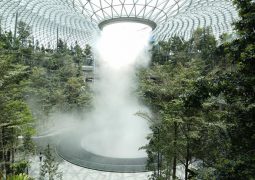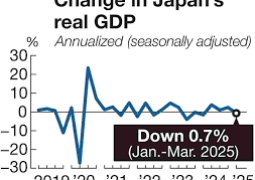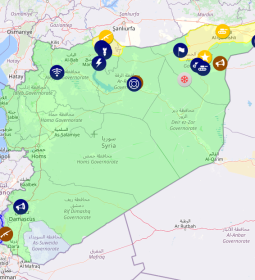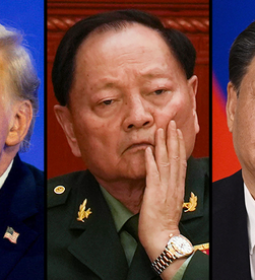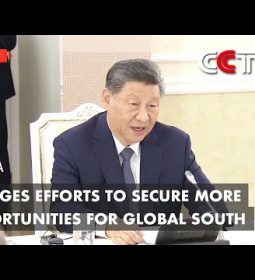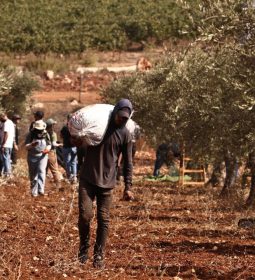Fmr. terrorist, now head-In-chief Shara in Syria to appoint 100 of 300 parliamentarians in sham elections

Election without voters: Most Syrians ‘unaware’ about Sunday’s parliamentary election
Syria’s self-proclaimed president has established a shadow religious state to maintain power in Syria indefinitely
 (Photo credit: AP Photo/Hussein Malla)
(Photo credit: AP Photo/Hussein Malla)Many Syrians are unaware that the first parliamentary elections since the fall of the government of Bashar al-Assad are about to take place, AP reported on 4 October, in part because the Syrian public will not be allowed to cast votes.
“There were no candidate posters on the main streets and squares, no rallies, or public debates. In the days leading up to the polling, some residents of the Syrian capital had no idea a vote was hours away,” AP reported on Saturday.
“I didn’t know — now by chance I found out that there are elections of the People’s Assembly,” said Elias al-Qudsi, a shopkeeper in the famed markets of old Damascus.
“But I don’t know if we are supposed to vote or who is voting,” he added.
The US, Israel, and allied powers succeeded in December 2024 in toppling Syrian President Bashar al-Assad after a decade of war under the pretext of replacing his authoritarian rule with a “democratic system.”
The multi-billion-dollar regime change operation, known as Timber Sycamore, installed former Al-Qaeda and Islamic State commander Ahmad al-Sharaa in power in Damascus as Assad fled to Moscow.
After appointing himself president, Sharaa (formerly known as Abu Mohammed al-Julani) began to establish an informal extremist Islamic regime in Syria, in which a religious sheikh leads each ministry, government department, and military unit.
Rather than allow the Syrian public to vote in Sunday’s election to form a new parliament, Sharaa himself will appoint 70 of the 210 parliament members.
The remaining 140 will be elected by subcommittees of Syria’s Supreme Committee for People’s Assembly Elections, which Sharaa also appointed in June.
A subcommittee was established for each governorate. However, Syrian authorities say that no vote for parliament will take place in Suwayda Governorate, which is under Druze control, and Raqqa and Hasakah Governorates, which are under Kurdish control, citing “security reasons.”
The lack of a popular vote has been overshadowed in the western media by the candidacy of Henry Hamra, a Jewish former resident of the neighborhood who emigrated to the US as a teenager and only returned after Assad’s fall.
Nawar Nejmeh, spokesperson for the committee overseeing the elections, claimed a popular vote was “impossible” because large numbers of Syrians were displaced or lost their personal documentation during the NATO-backed war.
But Syrian activists who opposed Assad have criticized Sharaa for organizing the parliamentary vote in this way, forbidding the formation of political parties, and consolidating his own authoritarian and extremist religious rule indefinitely into the future.
“Are we going through a credible transition, an inclusive transition that represents all of Syria?” asked Mutasem Syoufi, executive director of US-funded The Day After project.
“I think we’re not there, and I think we have to take serious and brave steps to correct all the mistakes that we’ve committed over the last nine months,” since Assad’s fall, he stated.
- Previous US War Secretary fires American Navy chief of staff
- Next Macron loses the remnants of his credibility: his PM Lecornu lasted only 28 days








